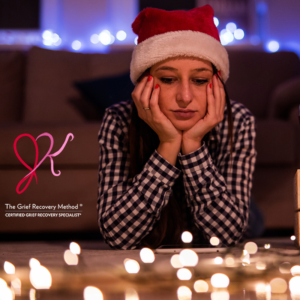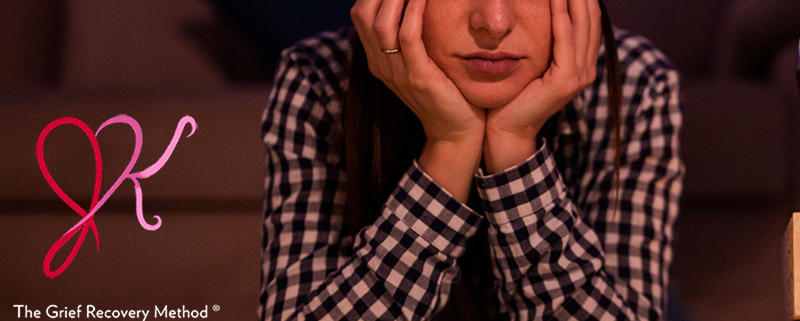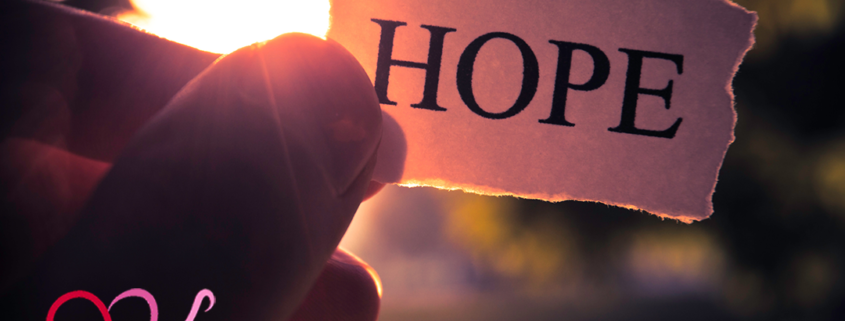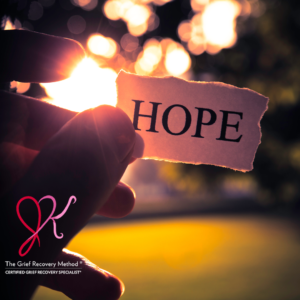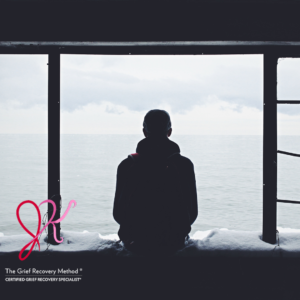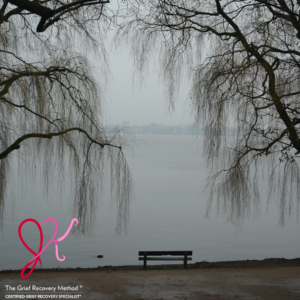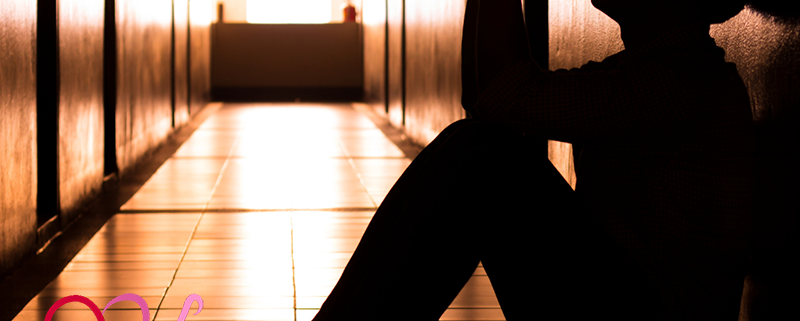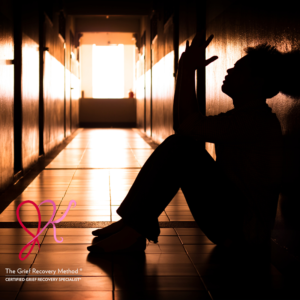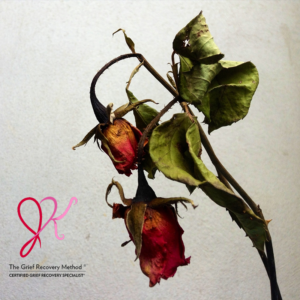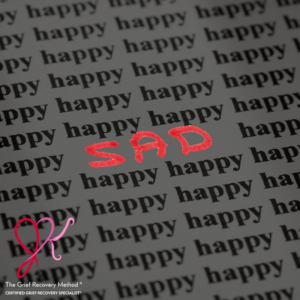We all grieve, are you doing it right?
Grief is a necessary process to come to terms with loss. Grief is the normal and natural reaction to loss, yet almost everything we learned about grief is not normal, not natural and not healthy.
We all experience losses and we all grieve. Yet, grief is one of the most taboo topics for discussion. It’s odd that one of the experiences we are all going to have, is the one experience that we are ill-prepared for, and ill-equipped to talk about. What is even more troubling is all the misinformation that is passed on about grief. We have been taught to believe that time heals all wounds, and you hear people say, “It just takes time.” Therefore, the griever assumes the advice to be correct, and waits while time goes by. Time is neutral and does nothing but pass. People also say, “You have to be strong for the children” or other family members. Many people will pass this on to grievers, who respectfully then act strong for the kids, all while burying their own feelings deeper and deeper. Even worse, while acting strong for the children, they demonstrate “not feeling,” which teaches the child to hide his or her feelings. Much like how a parent knows something is “off” when their child may be sick or down. Our children also know when we as parents are “off” or down. We have been taught to believe that intellectual remarks will help with emotional conflict. So grievers are told, “Don’t feel bad, he / she led such a full life.” Maybe he / she did, although the griever is in emotional turmoil. A comment such as this, which may be intellectually accurate, is not at all emotionally helpful. None of the remarks identified above help the griever take those correct and necessary steps. Rather, the griever is led down a path that leads to more isolation and loneliness.
Okay, so then what do grievers want or need most?
A griever wants to talk about what happened and their relationship with the person who died. This holiday season, there will be plenty of hurting people who, given the opportunity, will want to talk about someone they miss. You will be a most cherished friend or family member if the grieving person feels safe enough to talk to you about what is so foremost on their mind and in their heart. Sometimes, the person doesn’t want to talk about it, and if that is the case, do not be offended by that either. At the very least, I suggest that you bring up the topic, and allow them to decide if they want to talk about it. If you are feeling awkward about what to ask someone here is a simple phrase which allows the griever to respond or not as they see fit, and it is not an interrogation or a command that they must talk about the loss: “I heard about the death in your family…I can’t imagine what this has been like for you.”
The ability to communicate our emotions openly and clearly, whether they are happy or sad, is one of the distinguishing characteristics of being human. Being afraid of sad feelings can deprive us of the treasure trove of memories attached to relationships with people who have died. Overcoming this fear, especially at holiday time, allows us to claim the full memory of the person we are missing. People are surprised to discover that even though there may be some sadness, there is also plenty of joy as well.
Recovery from loss is achieved by a series of small and correct choices made by the griever, and the most effective and accurate source of those correct choices is The Grief Recovery Handbook. You can purchase this yourself right from GriefRecoveryMethod.com or you can also find it at other retailers and book stores. Take a look at what people say and the reviews, it truly does work. For more information or to work with me 1 on 1, I would be happy to hear from you. You can DM me directly, call me at (484) 764-7094, or visit my contact page at https://jennifergriefrecovery.com/contact
